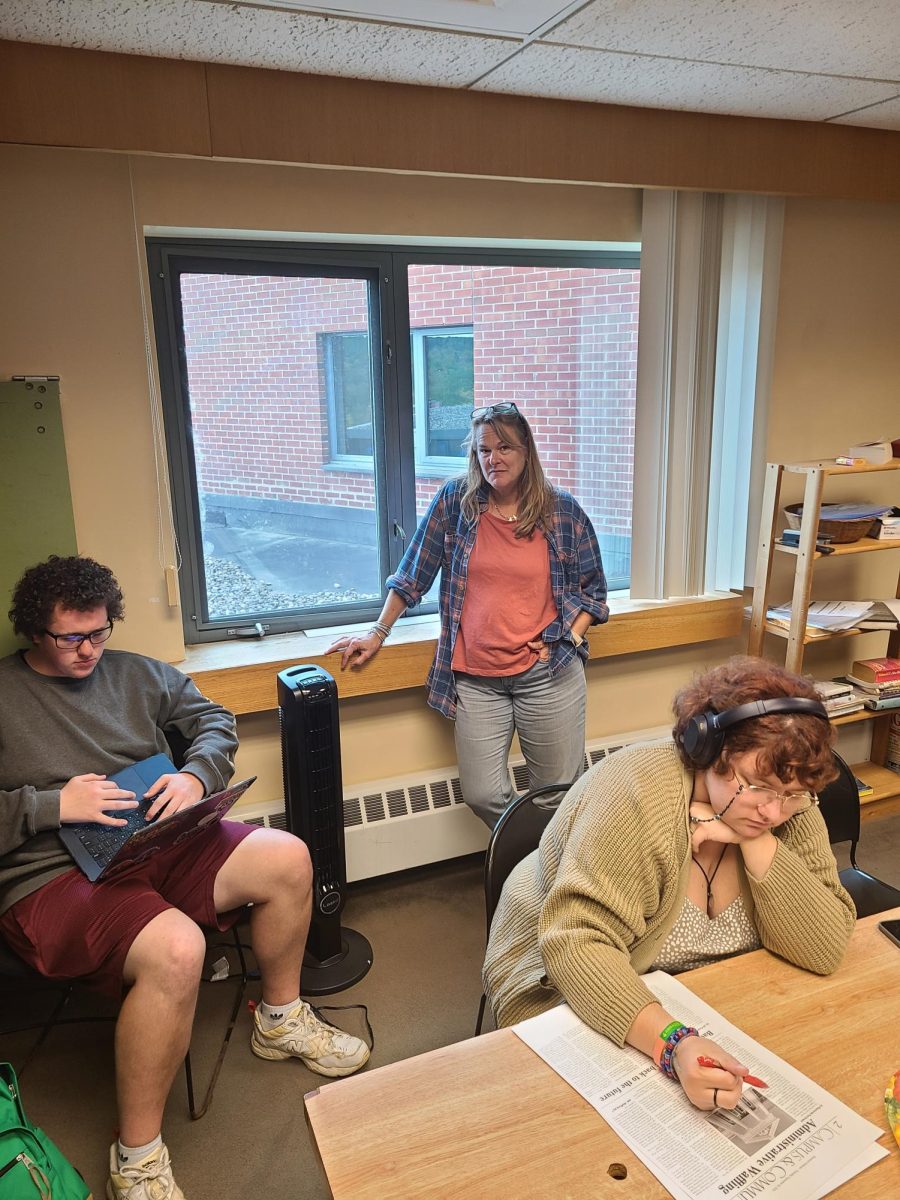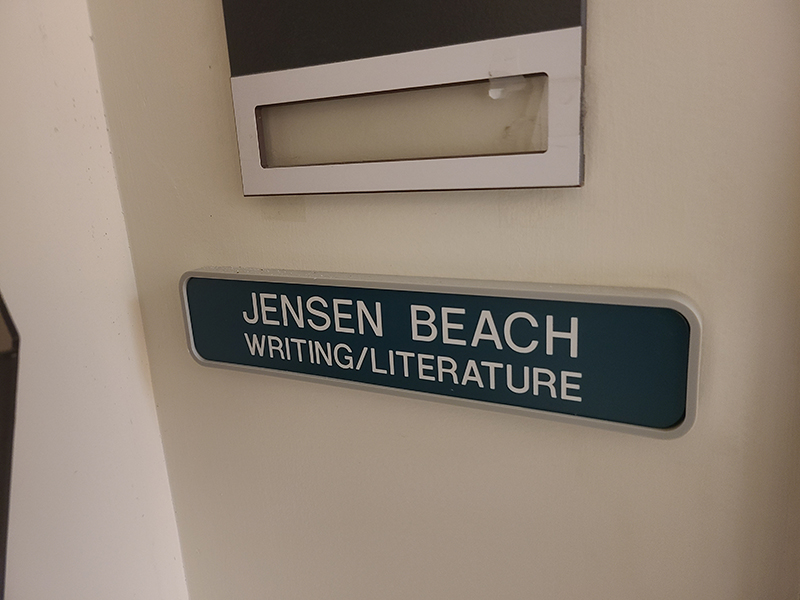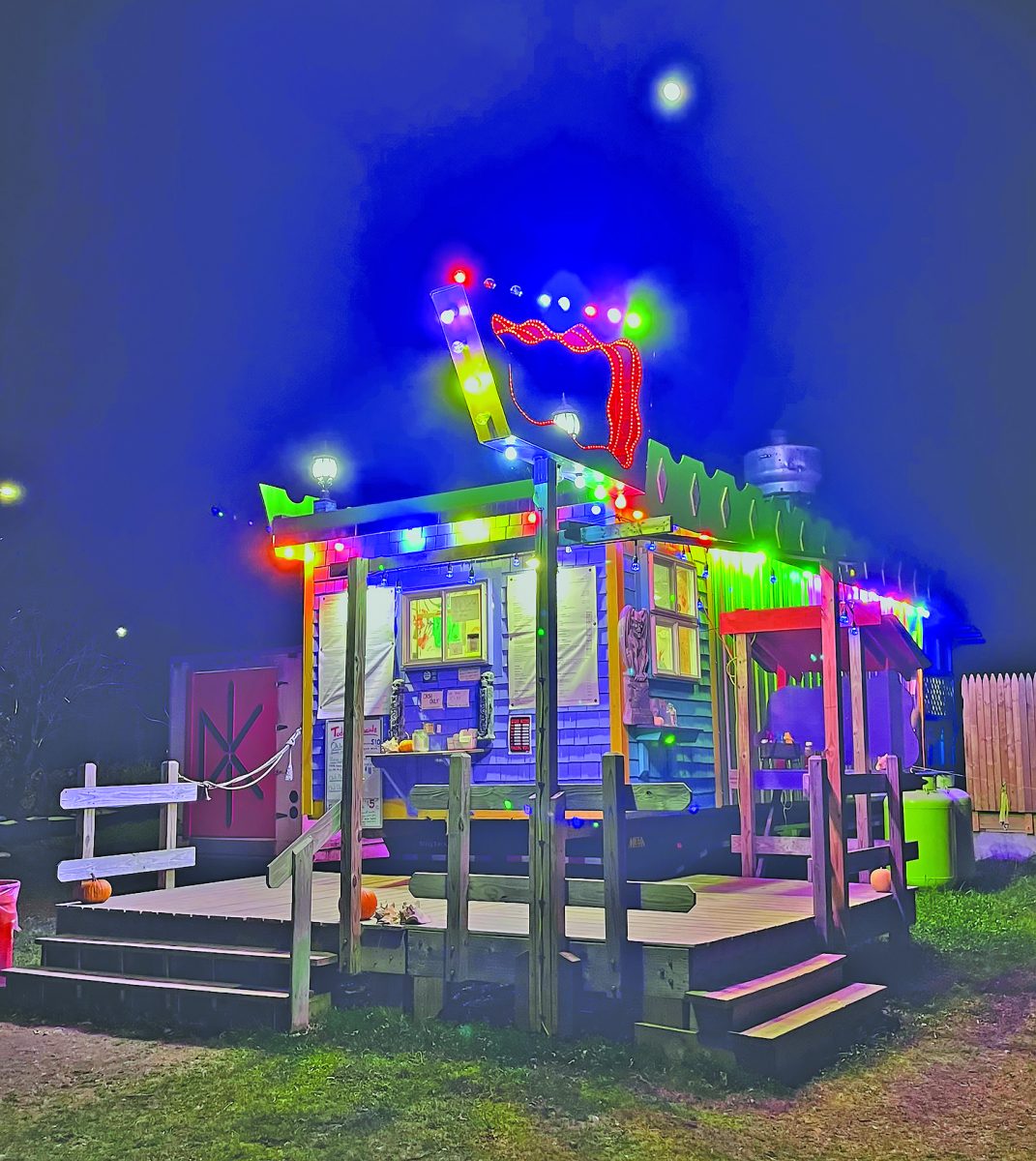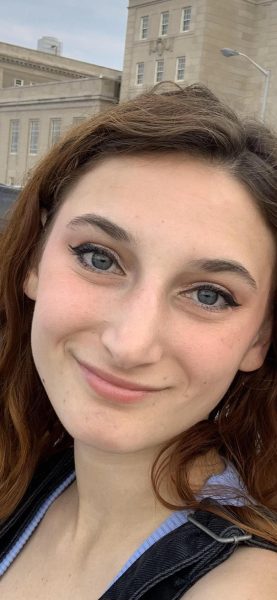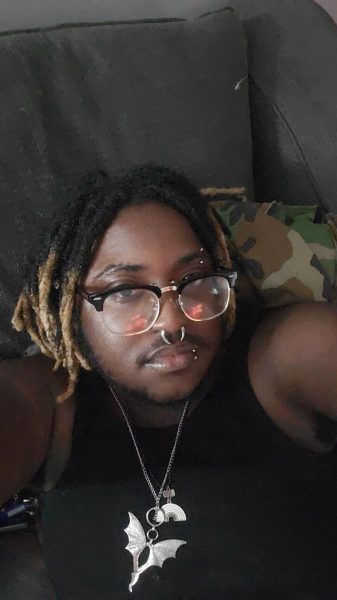Welcome to the new, and welcome back to the old. The summer has come to a close, and it is time to dive into the 2024-2025 school year.
The Spring ‘24 semester ended on a sour note, leaving Johnson with many questions about what would become of our beloved newspaper, Basement Medicine. Would it be merged with the Castleton Spartan and Lyndon’s The Critic to create one unified publication? How would it run? Who would run it? Would it return at all? After some time of speculation, the community finally has answers.
Basement Medicine will continue.
This semester will be the last that VTSU will offer Basement Medicine as a class, under the courses Explorations in Publishing and Studies in Publishing. Going forward, the staff will prepare for its transition into a club, similar to how it was operated in the past. It is currently unknown when the three campuses will merge their papers, but it seems inevitable.
During the summer, the Basement Medicine team met with David Kupferman, Dean of the School of Arts and Communication and the School of Education, Psychology, and Social Sciences, and President David Bergh to discuss what was to become of the newspaper.
Students spoke about how much the paper means to them, how it has impacted their lives, and how it has improved their experience at Johnson.
“Basement Medicine was my first introduction to real-world journalism,” said Editor Dayne Bell, later, about his experience. “I literally knew nothing about it when I started, and it turned into something I see myself doing for the rest of my life.”
There were earlier concerns about filling the student requirement for running the class due to low enrollement, but this semester gave the team nine students, nearly double the number of students from the previous semester.
In order to solidify itself as a club next semester, Basement Medicine must follow SGA guidelines, obtaining three official “members” and a faculty advisor. Students in the current staff have expressed commitments to filling these roles, and a faculty adviser has already stepped up to the plate. Some of the biggest issues for the team are cost concerns; staff members need to organize cheaper, more convenient printing methods.
“We currently print the paper in Quebec,” explained Basement Medicine Adviser Amy Kolb Noyes. “Seven Days has been helping us out by picking up our papers and bringing them over the border. I collect them at Seven Days’ warehouse in Burlington and bring them to campus. The system works well for now, but it is a bit complicated. Also, the printing rates went up $100 per print run for this school year.”
Kolb Noyes said she researched changing printers over the summer, but wasn’t able to find a better option. She added, “There used to be several newspaper presses in Vermont, but that’s just not the case anymore.”
The new club will also need to make a formal request to the University in order to keep the current newsroom as well as its computers, equipped with Photoshop and InDesign which are used to produce the newspaper.
Basement Medicine may be able to find a path forward through looking at how other campus papers operate.
“The Spartan has never been a class, although students can earn credits by doing a practicum,” said David Blow, the adviser for Castleton Spartan. “Usually, four or five students take advantage of that each semester and take on positions like managing editor, web editor, sports editor, page designer.”
Blow saaid that The Spartan gets email requests for stories, but most come from editors and reporters in the weekly meetings that are held. The paper also gets pieces submitted by students in the Intro to Journalism and Feature Writing classes that he teaches. Their first edition of the semester has 22 stories, including columns and sports articles.They put out six issues a semester.
“These published clips are valuable for student portfolios, and I love when they get excited about seeing their name in print!” said Blow.
According to Blow, The Spartan staff usually has 10 to 15 students on their team every year, including the practicum students.
“It’s a pretty tight knit group,” he said, “And interestingly, several are not communications students. Most are, but there are quite a few coming from other majors who like to write or take pictures.”
In the past Basement Medicine has struggled with low enrollment, with most recent classes containing five to six students, and unlike The Spartan, content for issues is generated almost completely by the class alone. Basement Medicine has advertised open submissions in many issues, but receives little to no response.
“I’m sure it’s partially due to the University’s history of defunding the arts and publishing here, but we have a whole new group of students this year who seem eager to get involved and start things up again,” said Bell. “They’re brightening the campus in a way I haven’t seen in a long time. I feel comfortable leaving knowing that Basement Med will be taken care of.”


